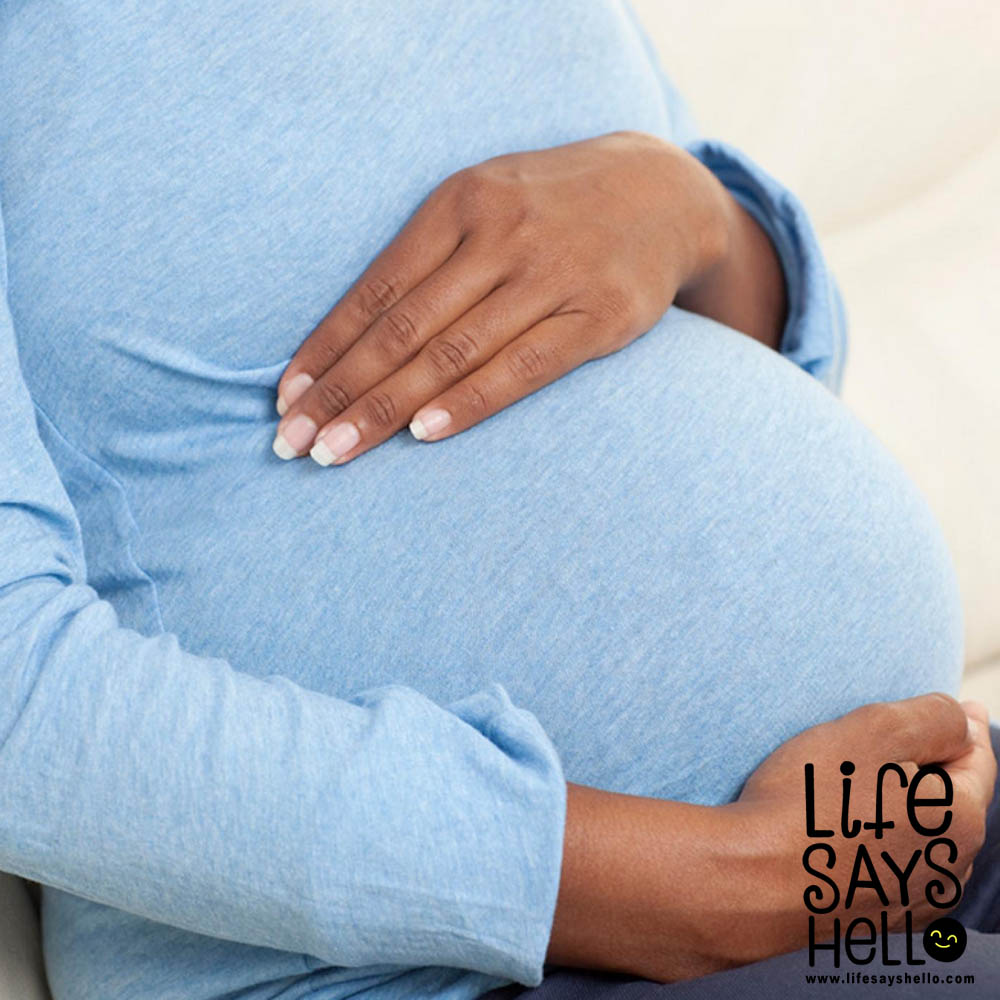Understanding How Pregnancy Can Affect Your Body and Emotions

Pregnancy can be an exciting and life-changing experience for women. From the moment you find out that you’re expecting a baby, your life can change in countless ways. However, pregnancy can also be a confusing and challenging time, especially for first-time mothers.
One of the most common concerns that women have during early pregnancy is feeling different inside. If you’ve heard your boyfriend express concern that you feel different inside, this article is for you. Let’s take a closer look at what’s happening inside your body during early pregnancy and how it can affect your emotions.
Why Women Feel Different Inside During Early Pregnancy
During the early stages of pregnancy, your body undergoes many changes to accommodate the growing fetus. Some of the most significant changes occur in your hormone levels. As your body starts to produce more estrogen and progesterone, you may experience a variety of physical and emotional symptoms. Some of these symptoms include:
- Nausea and vomiting
- Fatigue
- Mood swings and irritability
- Breast tenderness and soreness
- Increased vaginal discharge
- Food aversions and cravings
- Frequent urination
These symptoms can vary from woman to woman, and not all women will experience them to the same degree. However, many women report feeling different inside during early pregnancy, and it’s not uncommon for partners to notice this as well.
Understanding the Physical Changes During Early Pregnancy
Feeling different inside during early pregnancy can be a challenging experience, particularly if you’re not sure what to expect. However, it’s essential to understand the physical changes that occur during this time. Here are a few of the most significant changes:
Increased Blood Flow
One of the most noticeable changes during early pregnancy is an increase in blood flow. As your body prepares to support your growing fetus, the amount of blood in your body increases, sometimes by as much as 50%. This increased blood flow can lead to feelings of warmth and sensitivity in your breasts and vulva, which can be unfamiliar and even uncomfortable.
Changes to the Cervix and Uterus
Your cervix and uterus go through significant changes during early pregnancy. The cervix becomes softer and more pliable to accommodate the baby’s growth, and the uterus expands to make room for the growing fetus. As these changes occur, you may experience cramping and discomfort in the pelvic area.
Increased Vaginal Discharge
During pregnancy, your body produces more vaginal discharge than usual. This discharge helps to protect the vagina from infection and can also help to prevent the loss of amniotic fluid. However, it can also be an uncomfortable and unfamiliar experience for some women.
Understanding the Emotional Changes During Early Pregnancy
In addition to the physical changes, many women experience a range of emotional changes during early pregnancy. Some of these changes can be challenging to deal with, particularly if you’re not prepared for them. Here are a few common emotional changes that women experience:
Mood Swings
Mood swings are a common symptom of early pregnancy, and many women report feeling more emotional than usual. Hormonal changes can cause mood swings and make it difficult to regulate your emotions.
Anxiety and Worry
Pregnancy can be a time of worry and anxiety for many women. Your body is going through many changes, and you may be concerned about the health of your baby. Additionally, concerns about finances, work, and other responsibilities can also contribute to feelings of anxiety and worry.
Fatigue
Fatigue is a common symptom of early pregnancy and can be challenging to deal with, especially if you have other responsibilities such as work or caring for other children. Hormonal changes can contribute to fatigue, as can the physical demands of carrying a child.
Coping with the Changes During Early Pregnancy
If you’re feeling different inside during early pregnancy, it’s essential to remember that these changes are entirely normal. However, there are things you can do to cope with the physical and emotional symptoms of pregnancy. Here are a few tips:
Take Time to Rest
Resting is essential during early pregnancy, particularly if you’re experiencing fatigue or other physical symptoms. If you can, try to take short naps throughout the day or go to sleep earlier at night.
Eat a Balanced Diet
Eating a balanced diet and staying hydrated can help to reduce some of the physical symptoms of early pregnancy. Try to eat a variety of fruits, vegetables, whole grains, and lean proteins, and drink plenty of water throughout the day.
Stay Active
Regular exercise can help to reduce stress, anxiety, and other emotional symptoms of early pregnancy. Try to engage in moderate exercise each day, such as walking or swimming. However, it’s essential to talk to your doctor before starting any exercise program during pregnancy.
Seek Support
Talking to your partner, friends, and family about your feelings and concerns can help you to cope with the emotional challenges of early pregnancy. Additionally, joining a support group or seeking counseling can also be beneficial.
Conclusion
Feeling different inside during early pregnancy is a common experience for many women. During this time, your body is going through many changes, and it’s natural to feel overwhelmed or unsure about what to expect.
However, by understanding the physical and emotional changes that occur during early pregnancy and taking steps to cope with them, you can make this time a little easier. Remember to take care of yourself, seek support when needed, and talk to your doctor about any concerns you may have.




Comments